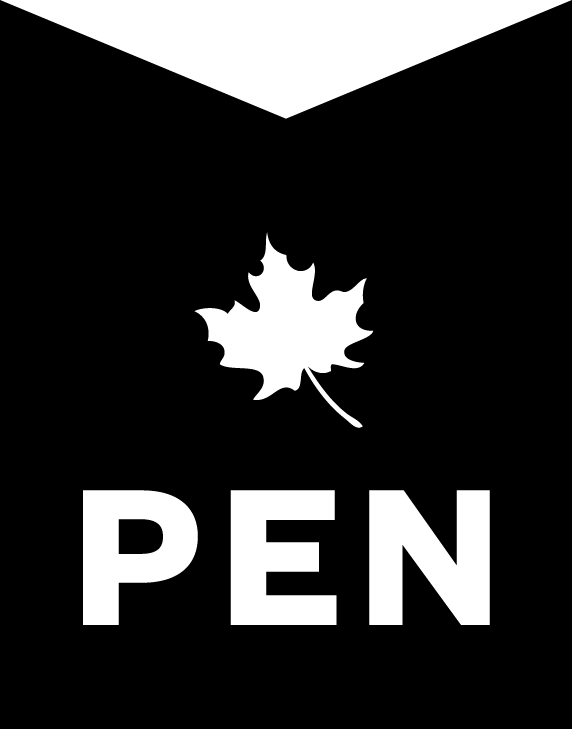News & Statements
In free and democratic societies like Canada’s, politicians do not critique the arms-length funding decisions of arts agencies, nor the productions that result from them. Why? Because political interventions send a signal to such agencies that decisions that run counter to political preferences may be called out, and that they may risk losing their funding.
This is an insidious form of censorship. It is what Canadian Finance Minister, Chrystia Freeland, has done with her comments on the documentary Russians at War, which was produced in partnership with TVO, and funded in part by the Canada Media Fund.
The film has faced intense criticism from the Ukrainian community, including the Ukrainian Canadian Congress, Ukraine’s consul-general in Toronto, and Chrystia Freeland, Canada’s Deputy Prime Minister. Critics have called it Russian propaganda and “a whitewashing” of Russian war crimes committed in Ukraine. Freeland said “…It’s not right for Canadian public money to be supporting the screening and production of a film like this,” because of concerns that it is anti-Ukrainian, Russian propaganda.
The film’s Canadian-Russian director, Anastasia Trofimova, disputes the characterization that her film is pro-Russian. According to Trofimova, she spent seven months embedded with a Russian battalion and filmed without the knowledge or permission of the Russian government. Russia’s invasion is unjustified and illegal, says Trofimova, and she believes her film shows the disillusionment of Russian soldiers fighting on the front lines in Ukraine.
In September the board of directors of TVO, Ontario’s public broadcaster, pulled Russians at War from its scheduled broadcast, an about-face, as TVO had defended the film as “antiwar” only days before. A screening at TIFF was “paused” on September 12, as well, due to concerns over “significant threats” to the festival. TIFF showed the film the following week.
Yet Marsha Lederman, arts columnist for the Globe and Mail, has actually seen the film and called it “a brave and exceptional documentary.” It shows, unvarnished, the horrors of the war … [and] in no way glorifies Russia or its army or its war effort. This film in no way demonizes Ukraine or its people.”
So, is Russians at War an antiwar documentary showing soldiers’ disillusionment amidst the horrors of war, or is it pro-war Russian propaganda? Did Ms Freeland and other critics of the film actually see it? And how are we, the Canadian public, to judge a film we helped fund if we cannot watch it?
PEN Canada appreciates the depth of anger over the Russian invasion of Ukraine. For many Canadians , it is a deeply personal conflict. Nonetheless and regardless of the content of the film, Minister Freeland overstepped a critical boundary between politicians, and the arts and the agencies that fund them. Deputy Prime Minister Freeland should withdraw for her comments, which chill the arts community by undermining the historic principle of arms-length funding. At the same time, PEN Canada calls on TVO to respect its agreement with the film producers and show the film it withdrew under political and public pressure—hence censored—so viewers can decide what they think for themselves.
Subscribe for updates about PEN Canada’s work to defend free expression.
